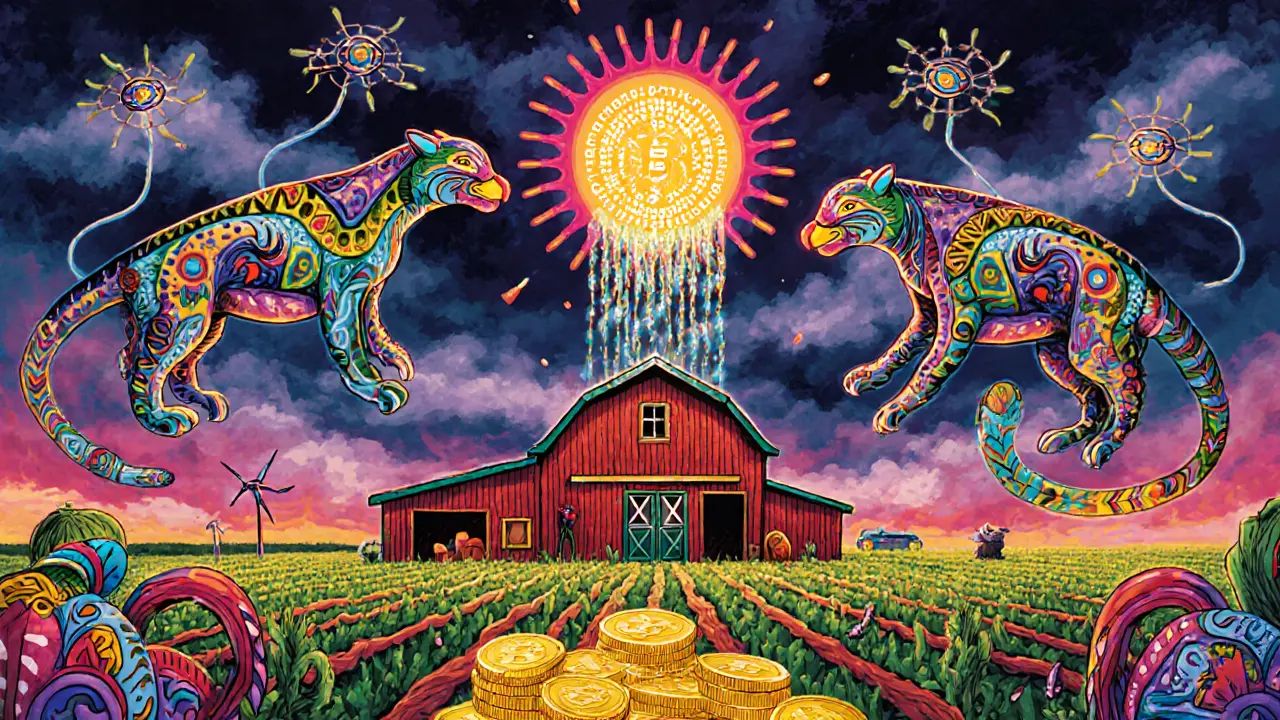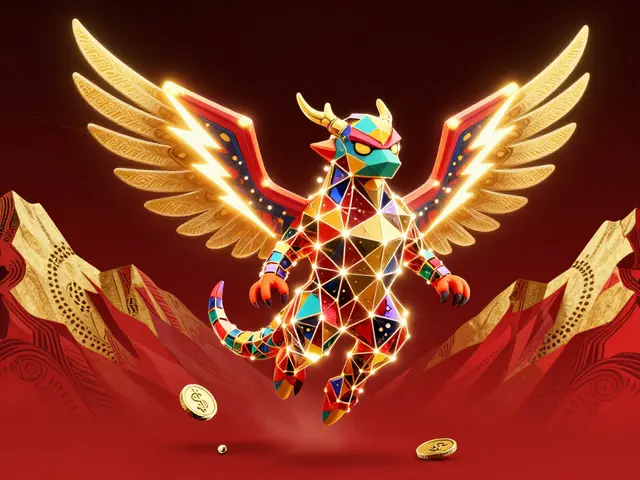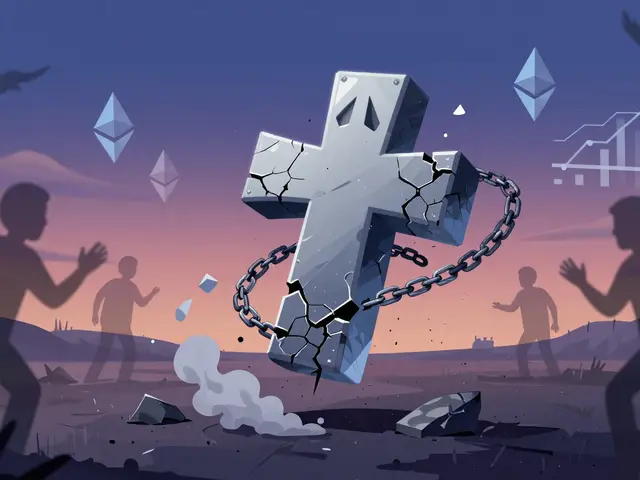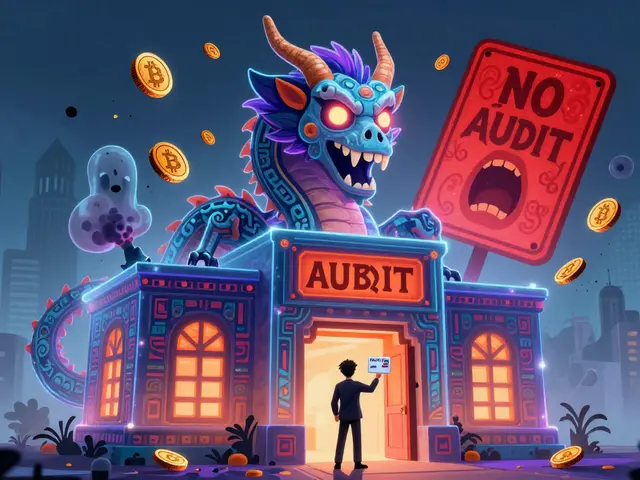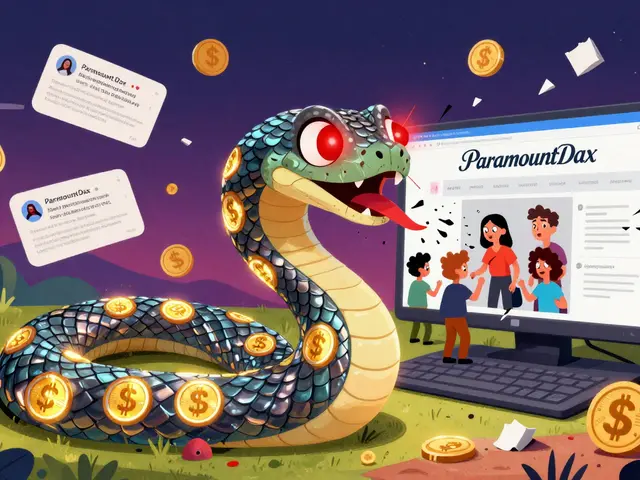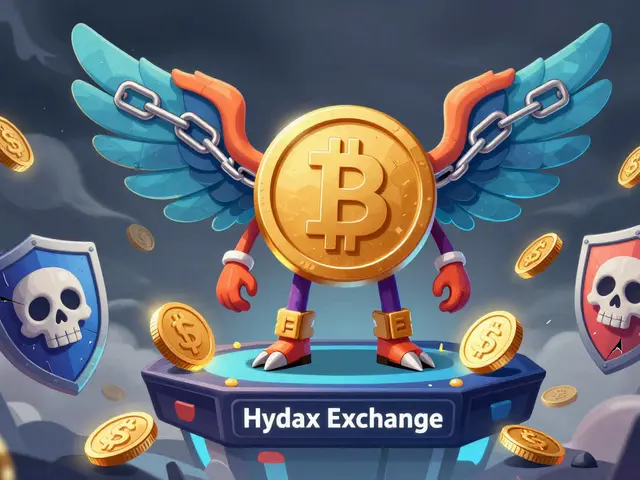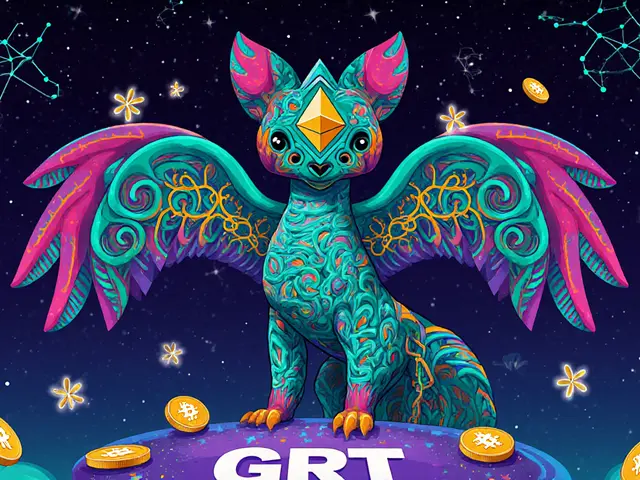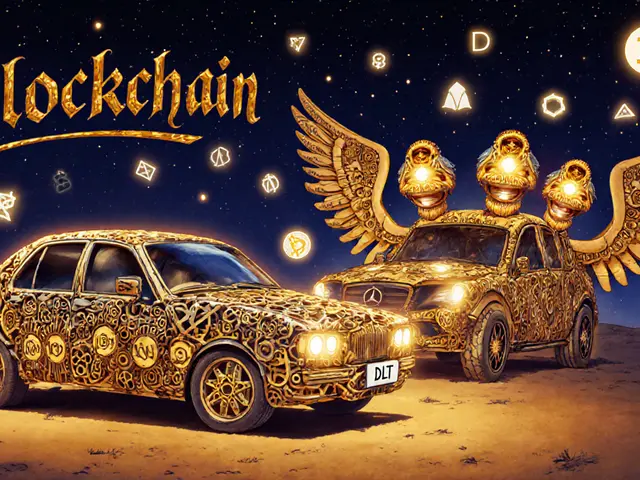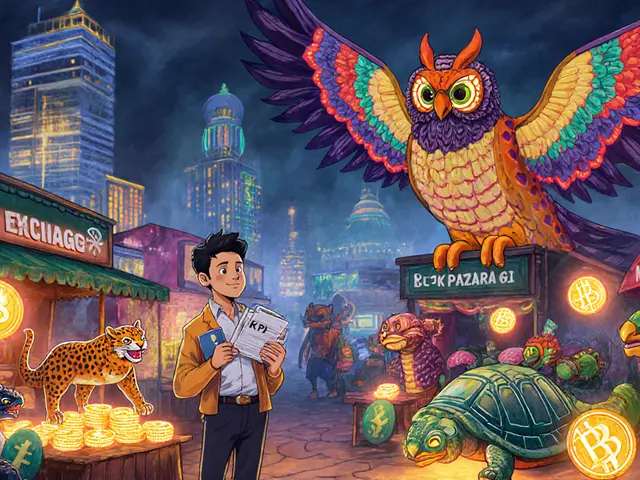Parametric Insurance: How Blockchain Is Changing Payouts Without Claims
When a hurricane hits, most insurance claims take weeks—or months—to settle. But parametric insurance, a type of insurance that pays out automatically when a predefined event occurs, like wind speeds hitting 120 mph or an earthquake exceeding 6.0 magnitude. It doesn’t care if your house is destroyed—it cares if the sensor says the threshold was crossed. No adjusters, no paperwork, no disputes. Just money in your wallet when the trigger fires.
This isn’t science fiction. It’s already helping farmers in Kenya get paid after droughts, fishermen in the Philippines after typhoons, and small businesses in Florida after heatwaves. The key? smart contracts, self-executing code on blockchains that automatically release funds when conditions are met. These contracts pull real-time data from trusted sources—like weather satellites or seismic monitors—and pay out instantly. No middlemen. No delays. No fraud. That’s why groups like the World Bank and insurers like AXA are testing parametric models on Ethereum and other blockchains.
But it’s not perfect. The biggest risk? The trigger doesn’t match your real loss. Maybe your farm lost 80% of crops, but the drought index only hit 60%. Or your store flooded, but the rainfall sensor was placed two miles away. That’s why climate risk, the likelihood and impact of extreme weather events on assets and livelihoods must be mapped precisely. And why data sources need to be transparent and tamper-proof—something blockchain insurance, the use of decentralized ledgers to record and verify insurance triggers and payouts helps solve.
That’s why the posts below dive into real-world cases: how digital badges prove attendance at disaster relief events, how blockchain voting helps communities decide on coverage rules, and how tokens tied to weather data are being tested in emerging markets. You’ll see why some projects succeed while others die from bad triggers or fake data. You’ll learn how to spot a real parametric product from a scam. And you’ll understand why this isn’t just about money—it’s about trust in a world where climate shocks are becoming the new normal.
